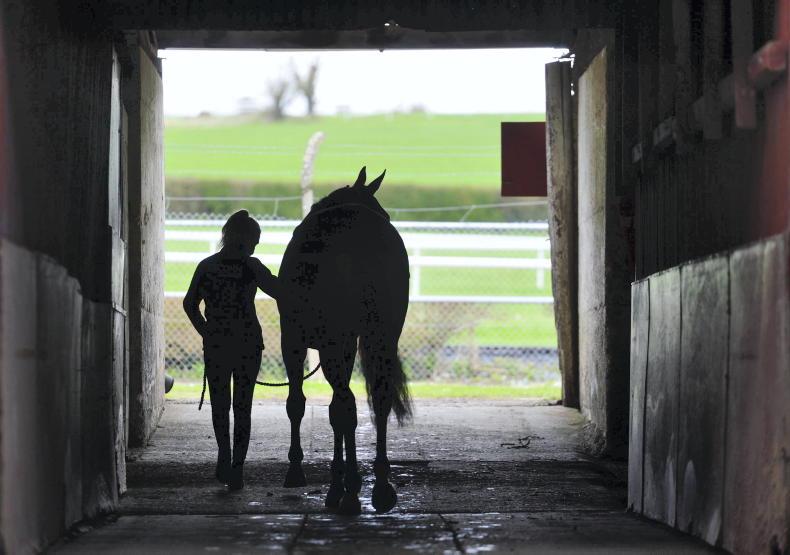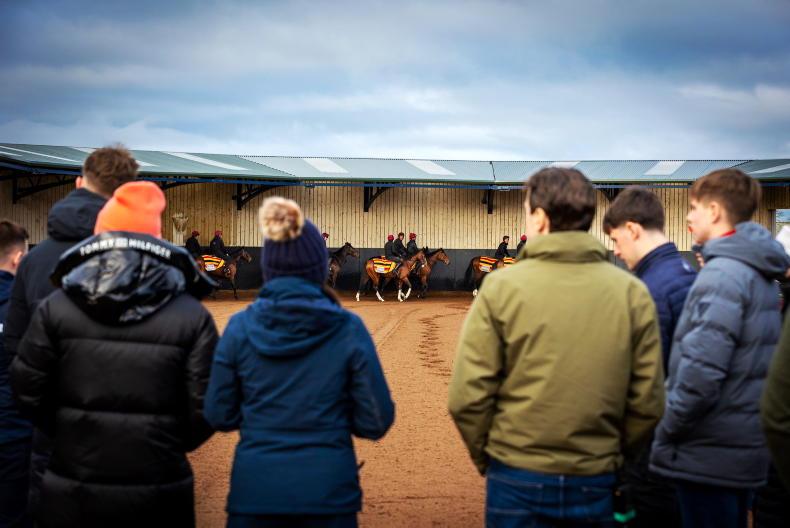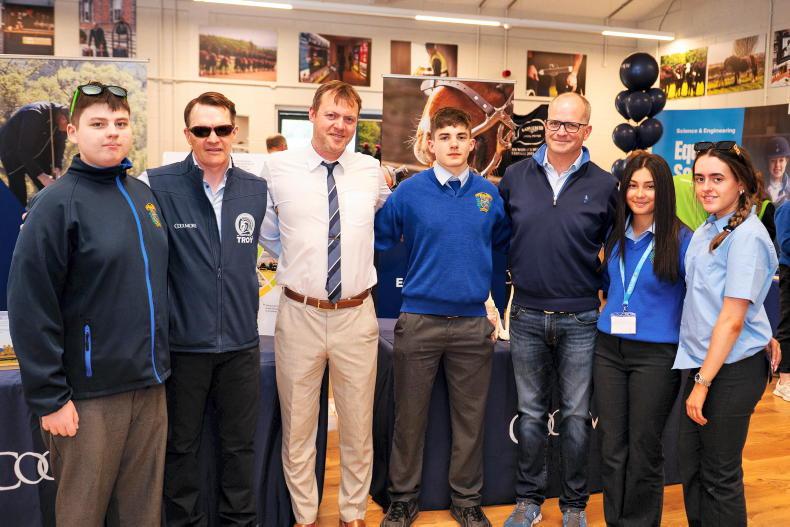WITH trainers quitting and studs struggling, the staffing crisis in the equine industry can no longer be ignored. But what can be done about it in real terms, alongside perhaps a long hard look at some industry truths?
HS: What is the cause of the current staffing crisis in the equine industry in your opinion?
LS: It is easy to say that Covid was the turning point for the staffing crisis, but we were starting to see indications of the change in employee expectations well before March 2020. The pandemic has drastically changed employees’ expectations around how they want to work, and what they expect back in return for the work they do.
Equestrian related work has never been the strongest paying industry; it has relied mostly on casual labour, often paid cash-in-hand and with an expectation that workers will work on a self-employed basis. The Government financial support schemes during Covid meant that employees either needed to have established self-employed records to be able to access key furlough support schemes, or to be paid on their employer’s payroll – and this is where many employees hit a real stumbling block. Even now, we still see too many equine employers without agreed contractual terms with their staff, and who do not offer the security that comes with permanent contracted employment.
HS:From an employer’s point of view, what are the main issues?
LS: Cost and burden. With the current cost of living soaring, margins are being squeezed and employers are being forced to consider how they manage their operations, looking for areas of the business where they feel they have no choice to cut back. Given the instability we have seen over the last two years, there has been concern about the risk of employing staff on the company books and the responsibility that comes with that; workplace pensions, employees taking time off sick and so on. This often feels like too much complexity that employers don’t want to take on the burden of managing. In addition to this, HR practice also feels very confusing and there is a perception that these regulations are impossible to apply to staff in the equine industry.
We also must remember that many of those currently employing staff in the industry began their career in much the same way – often working cash-in-hand jobs, going from yard to yard and being able to comfortably make ends meet. It is difficult to now try and put themselves into the shoes of the staff they are looking to employ, when there are more vacant roles and options available than the employer may have been afforded at the same stage in their own career.
HS: From the employee’s point of view what are the main issues?
LS: Security. A huge number of employees were hit exceptionally hard during Covid and were left with no income, and no job security. As we then saw the impact of the ‘Great Resignation’ beginning to hit the corporate world, industries began to broaden their openness to the type of previous experience a candidate has and are willing to give opportunities to hard working individuals showing a good attitude to their work.
Most crucially, they are also willing and able to offer much more appealing terms of employment – enhanced pensions, paid sick leave, greater paid holiday entitlement and more stable working hours. As this has become more easily accessible, staff have been drawn into securing employment in more established businesses that offer enhanced terms of employment that give a level of security that the equine sector currently can’t compete with.
HS: What fundamentally needs to change to improve the staffing situation in the equine sector?
LS: We need to realise that we are now in competition with corporate employers and must begin to act much the same. This doesn’t mean fancy working environments and free pizza every Friday – this means implementing basic, fundamental standards to give employees the security and peace of mind that gives them confidence of being employed in a safe working environment, and signals that the industry is one that employees can trust.
Workers need to feel that they can safely access statutory provisions without fear of repercussions to either their pay or job security – what happens in the event of them needing to take time off if they are unwell, want to have a baby or go on holiday?
While these points can feel like an additional weight of responsibility for employers to take on, these are more manageable than people realise and will make a huge impact to the retention of staff, and vitally, the attraction of new talent back into the equine sector. We must finally recognise that equine businesses are no different to a corporate enterprise, and we must begin to transition our employment practice if we want to find a way out of the crisis.
HS: What are some of the solutions you feel might make real and lasting changes?
LS: Opportunity. Too often we see yards advertising for staff using the phrase “general yard duties”or “some riding available to the right individual” etc. Where do we talk about the future potential and opportunity available to them, to keep them engaged and invested?
Now more than ever, with the increase in the quality of horsepower in our stables, we feel more precious about who we will let ride our horses. But giving employees the very realistic prospect of career and personal development by offering the chance to hone and develop riding skills, have the chance to compete and potentially develop a riding career of their own is the best opportunity we have to entice talented individuals into an equestrian career. The very same principles that draw in the current industry leaders in the first place!
HS: What are your observations on staffing structures?
LS: Staffing is the current area that equestrian employers feel too comfortable with funding at the lowest possible rate and until that expectation changes, we are in a vicious cycle. The value of horses is at an all-time high, with exceptional demand. This is long overdue and is a welcome sight, but we need to apply the same principle into our mindset on staffing.
Apply the same logic as valuing young horses – the more experience and skill an employee develops, their value to the business increases.
If their employer doesn’t continue to invest in them, as we would with young horses, carefully planning their future career, development and maximising their potential, they either choose to leave and seek this elsewhere (either with another employer, or more worryingly, in another industry altogether) or they become disengaged, and standards begin to fall.
We must remember, at the heart of the staffing crisis is the most important factor of all - horse welfare. Without good staff who are invested in providing the best care for the incredible horses we are so invested in, the more likely we will see a compromise to the standards of care given to horses.


 This is a subscriber-only article
This is a subscriber-only article
 It looks like you're browsing in private mode
It looks like you're browsing in private mode










SHARING OPTIONS: